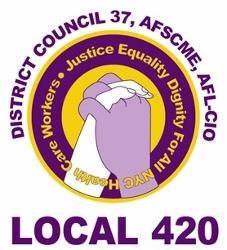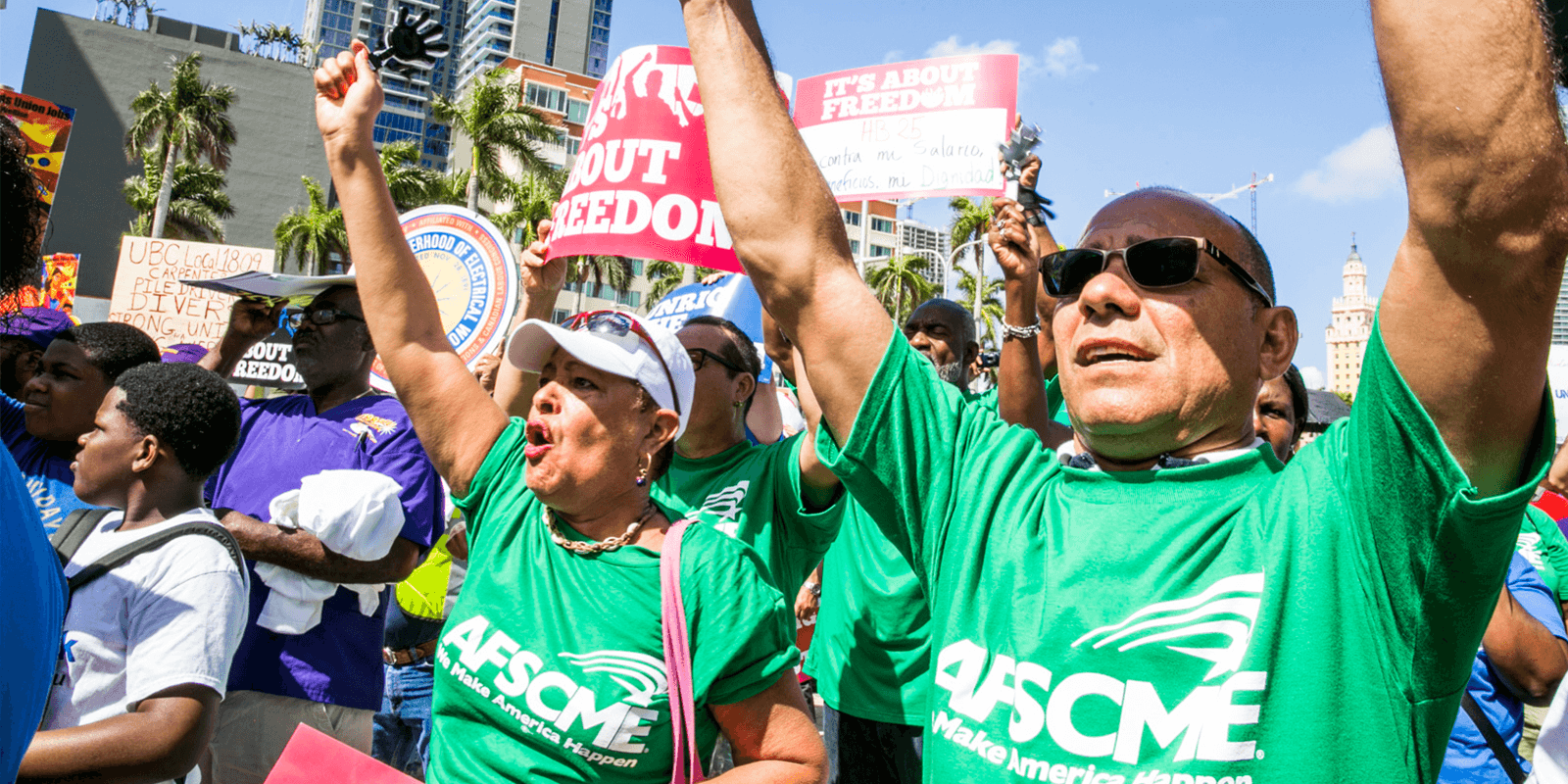Public service workers across the country are losing their foothold in the middle class. So says an article in The New York Times this week that serves as a reminder of why labor unions are more needed now than ever.
“For generations of Americans, working for a state or local government — as a teacher, firefighter, bus driver or nurse — provided a comfortable nook in the middle class,” the article reads. “No less than automobile assembly lines and steel plants, the public sector ensured that even workers without a college education could afford a home, a minivan, movie nights and a family vacation.”
Just as private sector labor unions ensured that workers in manufacturing earned decent wages and benefits, so did public service unions help teachers, police officers, sanitation workers and more. Through labor unions like AFSCME, public service workers have joined together to deliver better services to their communities while earning the wages and benefits they deserve.
Today, however, public service workers are finding it harder to afford a middle-class life. As the Timespoints out, the ranks of state and local workers now account for the smallest share of the American civilian work force since 1967. While the United States used to add upwards of 300,000 new state and local jobs per year, in the past 12 months that number fell to 31,000. But that’s not all: wages have failed to keep up with the cost of living. Like their private-sector counterparts, public servants are increasingly working two full-time jobs to make ends meet.
The shortage of public service jobs is exacerbated by the outsourcing of jobs to the private sector, including road repair, emergency services and corrections, to name a few examples. In search of profits, private companies then reduce their workforces and cut wages and benefits. Such outsourcing also leads to less-reliable public services.
Strong public services make for better communities, and it’s through labor unions that public service workers gained a foothold in the middle class. But now even their ability to negotiate together is at stake.
This spring, the U.S. Supreme Court will decide a case called Janus v. AFSCME, which threatens the ability of public service workers to join together in strong unions. Should the Supreme Court rule against workers – and on the side of wealthy special interests – the entire public sector could become right to work, making it harder for teachers, police officers, nurses, social workers and more to stand up for their communities.

